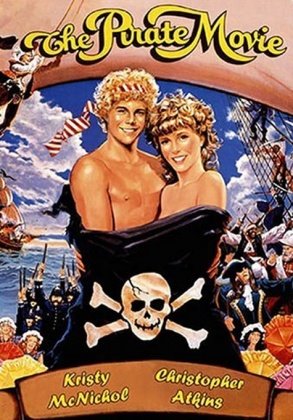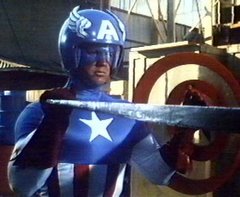Not to generalize, but after watching “Eastern Promises,” you may think twice about taking your frustrations out on all those fresh-faced Eastern Bloc exchange students who populate so many of the menial jobs here at the beach in the summertime.
For that may be the last Wawa hoagie you enjoy for quite some time, Mr. Rude Guy.
“Promises” begins with two vignettes that end in baths of blood – one resulting in a death, the other in a birth. From there, the film is a sharp, twisted meditation on life, death and the value of family and friendship, all with surgeon-like precision from director David Cronenberg.
Far more successful than his wildly uneven and overhyped “History of Violence” last year, “Promises” can be enjoyed both by the casual viewer looking for a old-fashioned, lean, linear tale of Mafioso-style respect and revenge, and by those who can appreciate the subtleties and flourishes the seasoned vet let permeate every scene.
The bloodletting does not saturate the entire film; in fact, it merely punctuates scenes with such casual randomness it serves to intensify the moments in which it is used.
The mother of the child born in the opening scenes is a nameless Russian ex-pat in London, with scars that show a life lived well beyond her 14 years of age. When she dies, it's up to Anna (played by Naomi Watts), a local surgeon to hurriedly identify the girl so that the baby does not get shuffled into the foster-care system. A diary found holds the key to her life, but its Russian language initially presents a stumbling block.
When the book is translated, it reveals some very seedy ties to the local comrades housed in some of the higher-rent areas of jolly ol' England. In particular, Nickolai (played by Viggo Mortensen), a stoic, ambivalent thug who refers to himself as “just a driver.” Nickolai's immediate boss is the incendiary, puerile Kirill (played by Vincent Cassel) and his lecherous father Semyon (played by Armin Mueller-Stahl).
If the film was made by a lesser director and writer, Anna would easily take front and center of the picture, as she valiantly morphs from naïve caregiver to knife-wielding vigilante who carves a path of justice and gets to spout pithy lines like “Better dead than Red,” or something of that sort. But Cronenberg, and writer Steven Knight, wisely place Nickolai as the lead, as he is by far the most interesting character of the film. He speaks barely above a whisper, but is commanding with his words. He will throw an arm around a shoulder, but it as much a show of control and dominance as it is friendship. And the audience is never quite sure as to whether he will serve to ignite or diffuse a situation. It is truly a performance that is – figuratively and literally – naked.
OK, this must be addressed, since it has been the most-talked about aspect of the film. Yes, those who adored the hunky king Aragon from the “Lord of the Rings” trilogy and enter “Promises” looking for a glimpse of his little hobbit, and they will get what they paid for. But the scene itself – a bathhouse brawl where Nickolai is clothed only in a towel, which he sheds – is shot so matter-of-factly and features a rather violent burst of brutality that the star's nudity becomes less of an issue becomes a pertinent part of the overall themes being grappled with here.
For all its focus on “the scene” and the film's ferocity, Cronenberg is more interested in the smaller exchanges that take place between its characters. When Nickolai extends his hand to Anna to exchange information, his brush against hers is both ominous and tender. Likewise, when the elderly Semyon grins, he exudes grandfatherly warmth – that is, if your grandfather is in the rape-and-torture racket. Kirill, too, is a study in contrasts. His short fuse masks what seems to be a much deeper secret that is frustratingly kept in the closet.
A reoccurring theme of tattoos runs through the film, as the made men ink up their bodies to not only show their allegiances, but to proudly display their life's history like a map on their bodies. It is interesting that the thugs and miscreants that populate “Eastern Promises” do not use guns, but knives and needles (and sometimes pruning shears) on their victims, as a way of cutting through their pride to the most vulnerable parts of their being. Cronenberg, too, is looking for the same thing in his characters – peeling away their painted facades in an attempt to see if there is a soul inside.
And this exploration of self is where the darkest – and best – of “Promises” are kept.
9.24.2007
Subscribe to:
Post Comments (Atom)





No comments:
Post a Comment